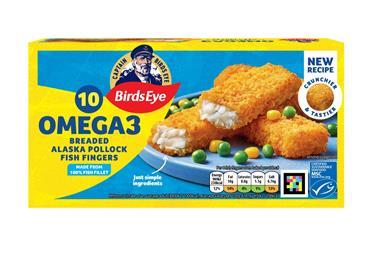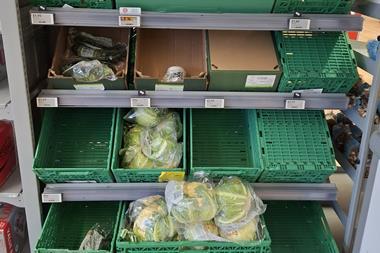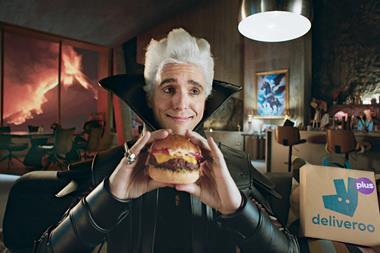
There has been a lot of change affecting our industry. Brexit, covid, war in Ukraine and the cost of living. Aldi and Lidl, and everything that has followed.
All on top of longer-term societal transformation. The trend to digital, online grocery, and Amazon biting chunks out of categories. HelloFresh, Gousto, Getir and Gorillas. Deliveroo and Uber Eats. Everyone talking about AI. The sustainability agenda – how people will have to eat, how we will have to think about our supply chains, how stores are built and run.
Put this together and it can feel overwhelming. How to respond, cope and win? The answer is not to continually “pivot” but to keep still, hold onto the essence of what you are, and make things clear for the people who matter the most: shoppers.
First, don’t fiddle with your prize assets. Great products, brands and SKUs have built relationships with consumers over many years. For companies desperate to squeeze out more profit, it can be tempting to shave cost here, fool around with pack size there, or try a funky new pack.
The risk is huge. There is a reason products, brands and SKUs have succeeded. People don’t like it when their friends change. If you have to play games to protect profit, don’t do it with your best brands and SKUs.
Second, keep it simple for shoppers. We want to respond to change, so we’re tempted to try something clever. But the fundamentals of shopper behaviour don’t change. Shoppers are busy and much less interested in our categories than us. So don’t be clever.
Wrigley’s gum hasn’t changed for years. A curry and a Cobra in Sainsbury’s Local for £3 isn’t clever, nor are M&S’s Best Ever Burger and Best Ever Prawn Sandwich. But they don’t need to be clever – they just need to be right. These are all great examples of keeping it simple. The smartest people in our industry don’t get too clever.
Third, be careful with price and promotion. Once a precedent is set, it’s difficult to turn back the clock. Shoppers aren’t stupid. If it costs £1 this week, why would they pay £2 next week? The industry has done well to row back discount levels in recent years, so don’t let that slip.
The first buzz of extra volume and sales from a new knockout promotion can be followed by a long hangover, as shoppers reset their perception of what your product, brand or category should cost.
The change is unremitting, but the answer is often about staying still. Don’t fiddle with your best assets, keep it simple for shoppers, and be careful with price and promotion.



















No comments yet